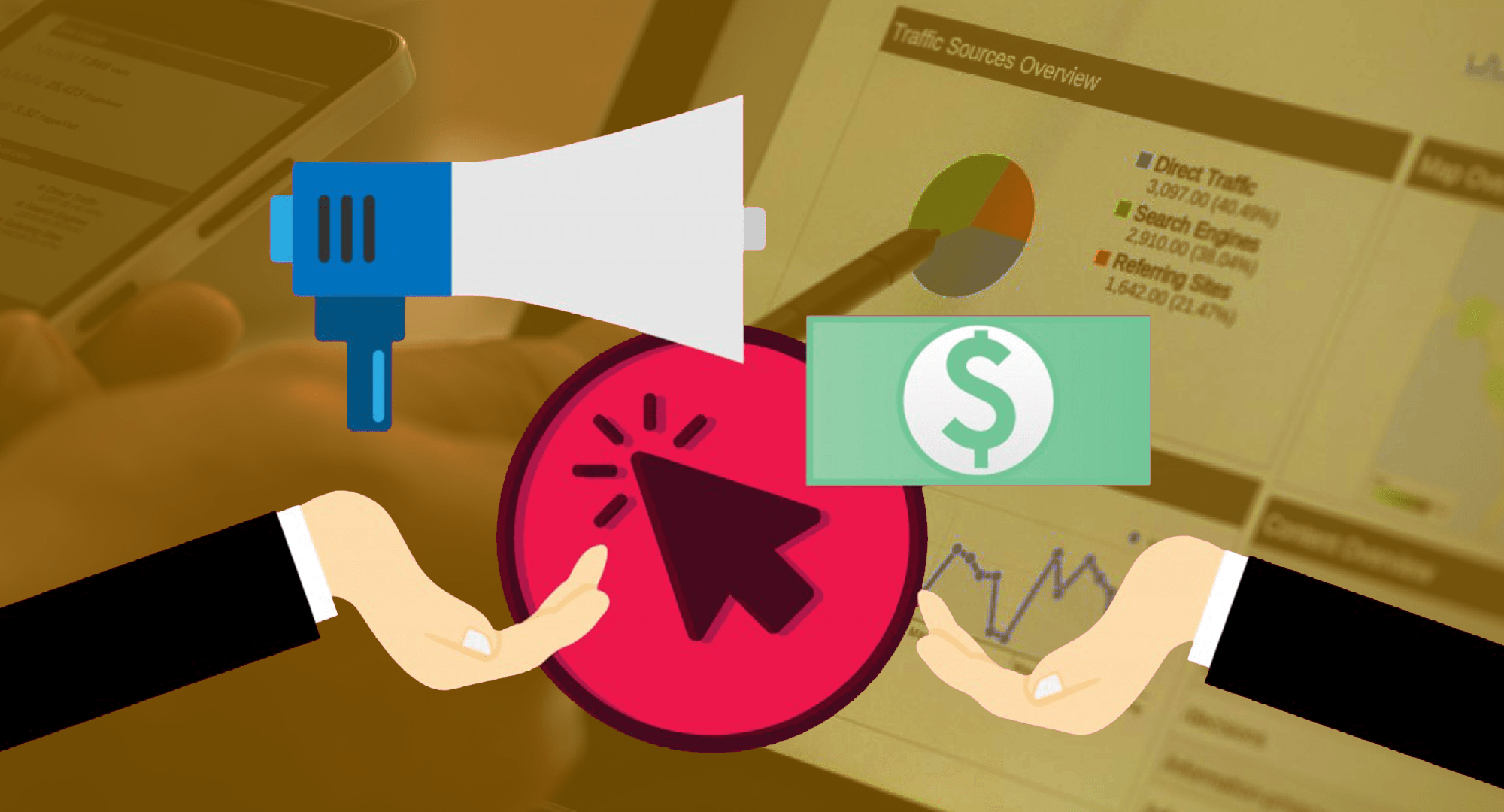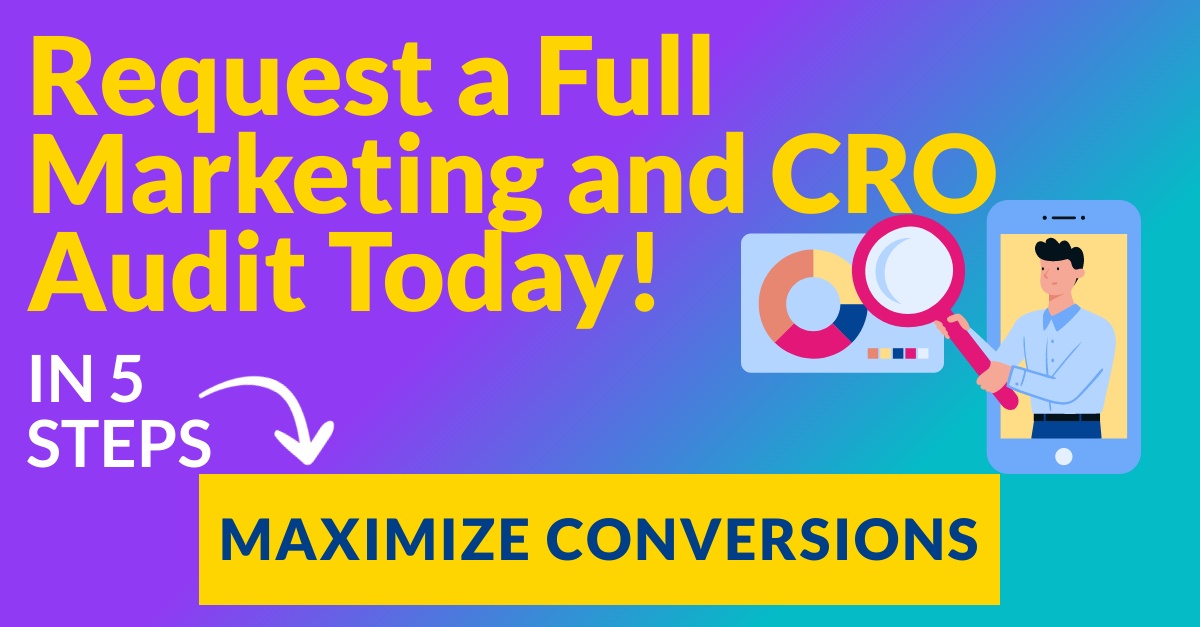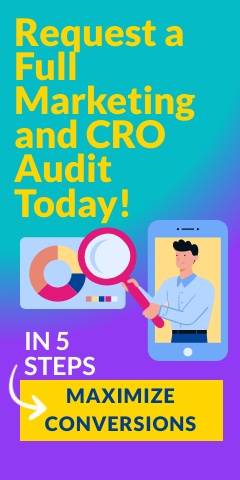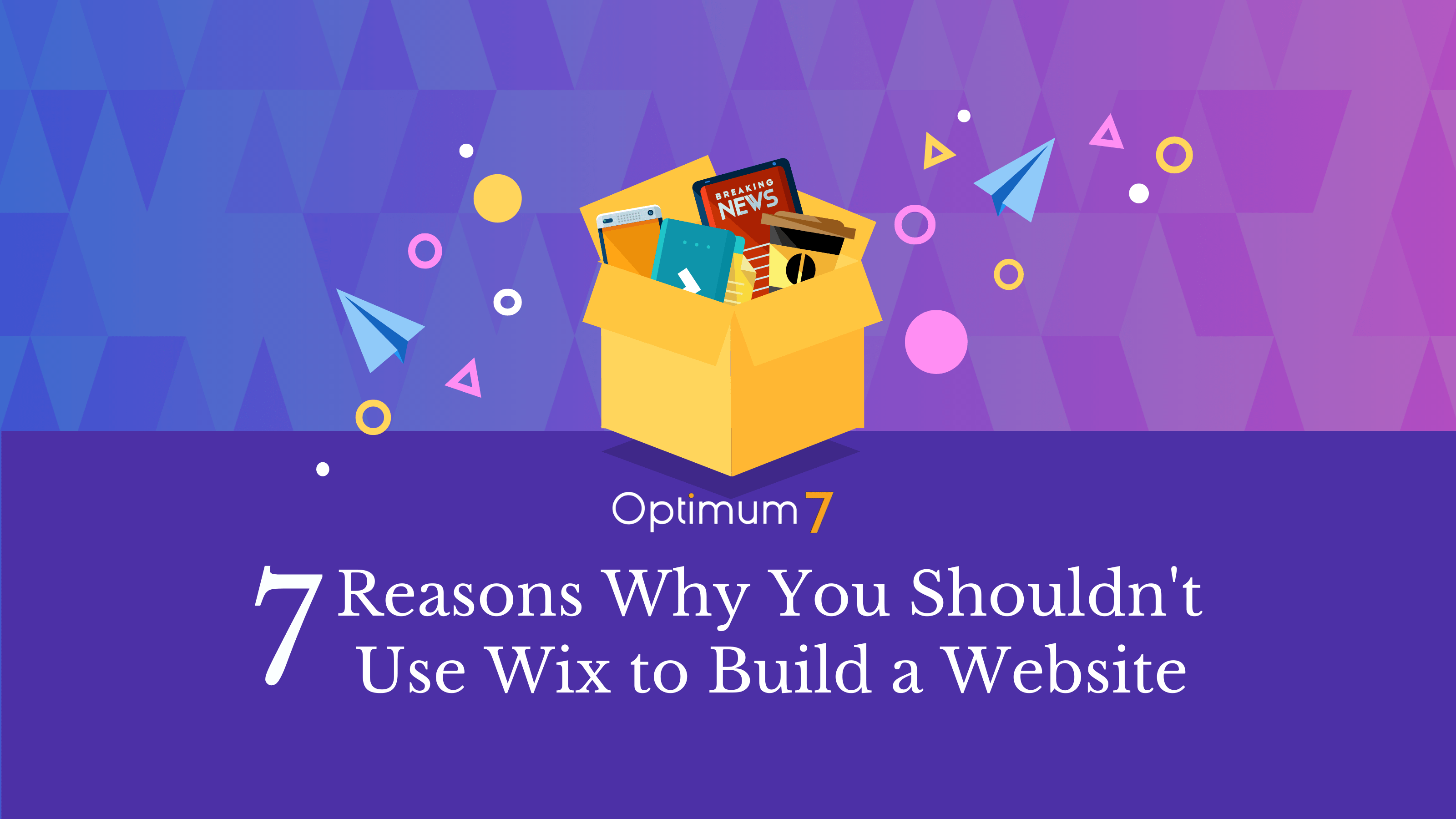[vc_row][vc_column][vc_column_text]In this week’s Surge Session, we discuss the pay per lead and pay per prospect approach of marketing. Pay Per Lead Marketing strategies for eCommerce companies can seem like an attractive option for lead generation, but it comes with its challenges. We will be covering everything you need to know about pay per prospect advertising, phone, and email acquisition. Our CEO, Duran Inci, is once again joined by our Director of Marketing, Joseph Hassun.[/vc_column_text][vc_custom_heading text=”Is Pay Per Performance Marketing Effective in 2019?” use_theme_fonts=”yes”][vc_column_text]
Unfortunately, most business owners don’t want to invest in marketing. They don’t believe in marketing. But if you don’t invest money into your business, where are you going to invest it?
If your business does not grow, if your profitability does not grow, then you’re not feeding that business. Now, some marketing works, some marketing doesn’t work. It has to do with the processes, how you would execute it, how much you helped the marketing campaign or marketing company, but marketing works.
If marketing didn’t work you wouldn’t have all these companies grow from zero to 20 million dollars within a couple of years. But, there needs to be the right foundation.
Pay for performance marketing doesn’t work 99% of the time. The reason it doesn’t work is the marketer does not control the elements of your business. I don’t control your products. I don’t control your services. I don’t control how you deliver your services. I don’t control your sales cycle. I don’t control what your salespeople say on the phone. So, even if I can bring you 10, 15, 20 prospects for free, you might not know what to do with it. Your processes might not be there.
So, there are all these issues with your operation, with your sales structure, with your follow-up structure, and you are expecting a marketing company to give your clients and prospects on a per performance or per lead basis. So, it doesn’t work most of the time. There are some instances that it works.
So, where do we start when it comes to our sales/follow-up structure here at Optimum7? First things first, we need them to take a survey. What this survey does is it allows us to get a little bit more insight into their company and on their industry.
Within this survey, we figure out if they have the proper infrastructure in place to be able to handle leads once they come in if they have a CRN system if they have a sales team that’s trained to nurture these leads, etc. These are things that we need to know beforehand because if not, just one month of us generating X amount of leads and getting paid for it, isn’t really a strong strategy if they’re not willing to commit ongoing.
Most people, obviously, want a couple of leads for the next 30 days. They want to see if they can sell and if they can’t sell, they’re going to quit. So, there is nothing in it as a marketing company, for us, even if we were doing it on a pay for performance basis.
So, what needs to happen is, you need to understand that there needs to be a flow to a lead structure. We need to have visibility into what you are actually doing with those leads and we will hold you accountable, especially if we’re getting paid on a per lead or per commission basis.
But, secondly, you need to be able to commit long-term, for that strategy to work. Because we might start doing it and it needs to be fine-tuned.
Now, there are a lot of different places we could get leads from. If you want leads and if you want to pay per each lead, then you have to commit for four, five, six months. Without a commitment, it doesn’t work. The industry, the market is too competitive for that.[/vc_column_text][vc_custom_heading text=”What is Pay Per Lead Marketing?” use_theme_fonts=”yes”][vc_column_text]
So, how is pay-per-lead different than a marketing strategy such as a content strategy or paid search to generate leads? The only difference is that you pay per action. You don’t pay per click, you pay per each lead that you get.
Now, this has been happening in eCommerce for years, you can also leverage affiliate programs. These are obviously pay per sale. You send somebody traffic and then you get a commission. A commission of their sales, which with eCommerce is easy to track. Each affiliate has an affiliate code in the URL, so it’s easy to track.
But now, when you get into lead generation on the B2B side, that’s where a lot of times these companies feel like they’re in the dark and it’s very hard to track that lead attribution.
From a strategy standpoint, it’s no different. It has to be a strategy. It can’t be something you do 30 days and say. We get so many companies who spend money on Facebook for 30 days, or AdWords on 30 days, and they have no idea what they are doing.
If you were not successful in doing it, it doesn’t mean it didn’t work, it means you failed. So, that’s why any logical marketing company is going to come back here and say, “Look, I need to collect data for a few months. I need to look at information for a few months. I have to fine-tune this.” This is no different than other strategies.
There are many sources that we can get these leads from. LinkedIn gives users the ability to hone in on a specific industry. We can target specific positions. We can target the decision makers. We can grab these leads, throw them into a cold email campaign, and start acquiring these that way.
We have software as well, custom development of software, and internal tools. We have very good crawling capabilities. So, if you came to us and if you said, “Well, I want all the CEO’s in the United States that run companies that do more than 5 million dollars in revenue and I want their emails validated, but I only want them in the healthcare industry,” for example. We could fine-tune and get you this list of emails.
What is it that you are offering that customer so that they get on a call with you? If you’re not offering them value, they are not going to care. It has to be true value. You have to have a good value proposition to be able to do that. If you don’t have it, you’re not going to start a conversation.
We do not take on these types of clients that want to pay per lead unless they can show us what value proposition they can offer that will start a conversation.
LinkedIn is there, we can crawl emails out of LinkedIn. We have different API tools, with billions of people in their database and we can fine-tune this information. We can do a cold email offering.
If you have a good product that creates a lot of pain and we know is going to convert, instead of you paying us to create this strategy, we’ll build this strategy for Facebook or AdWords. We’ll get the lead at $70, and we’ll sell it to you at $100.
So, we’ll actually spend money ourselves, if the product is good if the service is good. We’ll spend our own money, get the leads, and then sell them to you. We do that currently with different industries. We do that with finance. We do that with marketing. We do that with health care. So there are structures we have in place that we do this with. But, it all depends on your product, on your flow, on your CRN, what your value proposition is.[/vc_column_text][vc_custom_heading text=”How Much Does Pay Per Lead Marketing Cost?” use_theme_fonts=”yes”][vc_column_text]
One of the questions that we get is “How much does it cost? How much should I pay for each lead? How much should I pay for each phone appointment?” To answer that, on average, and again this is all based on industry, but the average you’re looking at is anywhere between $50 to $250 for an email lead. Then for booking a phone appointment, it is a bit more expensive. That could be anywhere from $200 to $850.
The reason that the phone appointment is more expensive is that it takes more work to get it. So, I might get 100 leads for $5000, and then for me to set up an appointment for those 100, I might be able to set up phone appointments with 30 or 40 of them, that’s why the phone appointment is more expensive. And, to be able to do those phone appointments, you have to create an automated process, because you can’t be manually trying to get people on the phone.
But, the value to the business owner is ownership of the entire process. The whole idea is, do you own your marketing execution and campaigns, and in the long-term, it makes more sense to own it. But in the short term, if you are just looking for leads, we understand.
We have different processes for these kinds of leads and we provide these kinds of services for the right individual. But if you asked the question, “How much should I pay per lead and should I pay per lead?” It all depends on your industry, your sales, your sales process, and your service or product.
From a marketing perspective, we will not take on a client for a pay per lead strategy if they do not have the proper infrastructure in place. We know that they’re not going to be committed long-term because they’re not going to be able to attribute the leads that we’re getting to them and they’re not going to be able to close those leads.
So from a marketing side, from an agency side, we won’t do it. So, we strongly advise, if you are a B2B company looking to increase your leads, do not pay per lead, unless you have the proper infrastructure in place.
We have a lot of work because we’re good at what we do. We are in demand. We have a lot of expertise. We know what works. We know what performs. But you have to have some skin in the game as well.
If you are a business owner you need to understand that it’s not always going to work because we don’t control everything. We don’t control the quality. We don’t control the market. We don’t control the audience.
So you need to find the right formula and, unfortunately, to find the right formula you need time, you need testing, and you need stability. And that’s what we provide here at Optimum7.
Do you need help generating quality leads? Want to learn more about the pay-per-lead strategies and practices we covered in this Surge Session?
Contact us. We’re here to help.
SPEAK TO AN eCommerce EXPERT[/vc_column_text][/vc_column][/vc_row]





